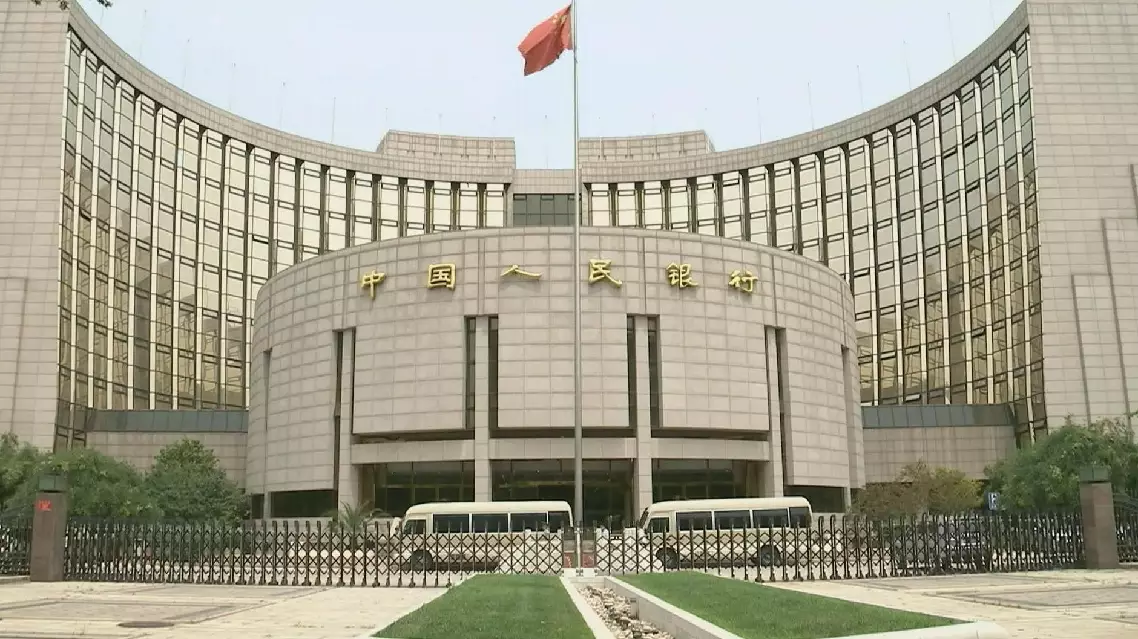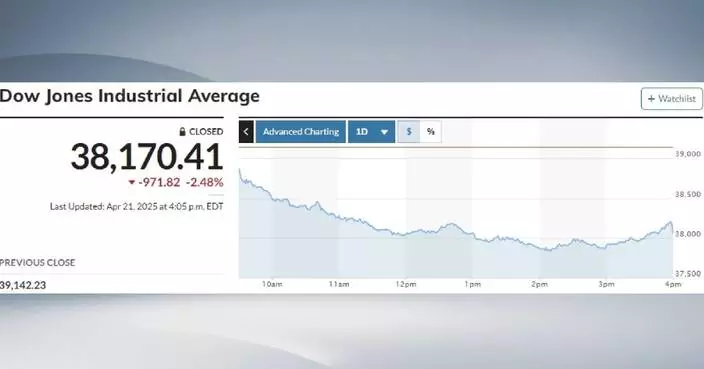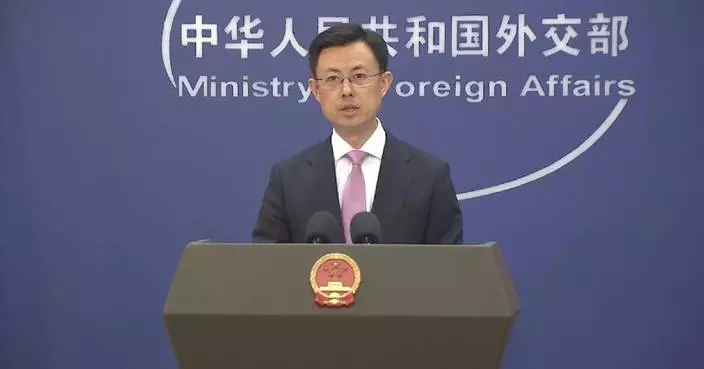Agustin Carstens, General Manager of the Bank for International Settlements (BIS), highlighted the organization's commitment to technological innovation and its role in supporting central banks worldwide during an interview last week with China Global Television Network (CGTN) in Beijing.
Carstens emphasized the rapid pace of technological advancement and the necessity for the BIS to stay ahead.
He noted that technology is progressing at an extraordinary speed, with innovation being integrated into many economic sectors, sometimes in disruptive ways. Recognizing this, the BIS has committed to investing in technology and striving to stay at the forefront through a collective effort.
Highlighting the importance of a coordinated effort among central banks to stay abreast with the fast-traveling nature of technology, Carstens also touched on the significance of cross-border payments, explaining the rationale behind creating the BIS Innovation Hub.
"One of the aspects of why it's important, this effort from the BIS, is because technology travels across countries very fast and therefore central banks sort of face the same problems and therefore there are economies of scale of embracing them collectively. Again, as a complement to the individual efforts," said Carstens.
He further elaborated on the importance of cross-border payments and the international dimension of financial technology.
"There is also aspects of cross-border payments, for example, when at some point the international dimension becomes important. So, we decided to create this innovation hub, and to bring the different parts together and have a presence not only in Basel but across all the continents," Carstens added.
The Innovation Hub, initiated by the Switzerland-headquartered BIS in 2019, was created to discover and develop insights into fintech trends, explore the creation of tools that enhance the functionality of the global financial system, and serve as a hub for central bank experts.
In January, the BIS unveiled six new projects for its 2024 Innovation Hub work programme, covering areas like cyber security, combating financial crime, central bank digital currencies (CBDCs), and green finance.
These initiatives involve multidisciplinary teams based at centers in Hong Kong Special Administrative Region, Singapore, Switzerland, London, and Stockholm, with new centers soon opening in Toronto and Frankfurt or Paris.
"We try to serve all the continents. The centers doesn't mean that we only work with the host central bank, but we also get secondments from all the different central banks. So we have in the different centers specialists from other countries. And also what we are starting to do, is to do projects between centers. So that we analyze issues in a particular center, but also those, the research and the code and the products that we produce, eventually can be useful in other parts of the world," said Carstens.
When asked about the diverse membership of the BIS, which includes central banks from both developed and emerging economies, Carstens stressed the institution's openness. He also underscored the importance of dialogue between emerging and advanced economies.
"In the board, we have the key emerging market economies represented. And I think it's also very important to induce the dialogue between emerging and advanced economies. It is very important for emerging markets to understand the challenges of advanced economies. But it is also very important for advanced economies to be mindful of the issues and spillovers that their actions have on emerging markets. And, of course, each central bank has its own obligations and its own mandate. But I think it's very important that they are aware of these and that they have a forum to discuss these issues. And that's what we try to do all the time," he said.

BIS general manager highlights technological innovation, global collaboration



















































